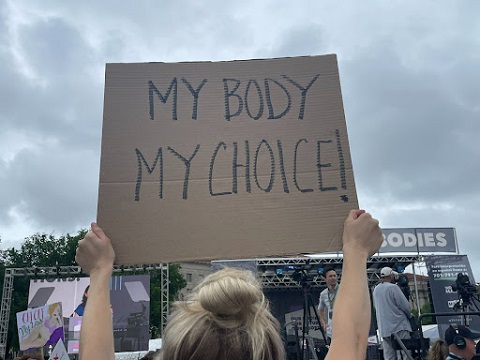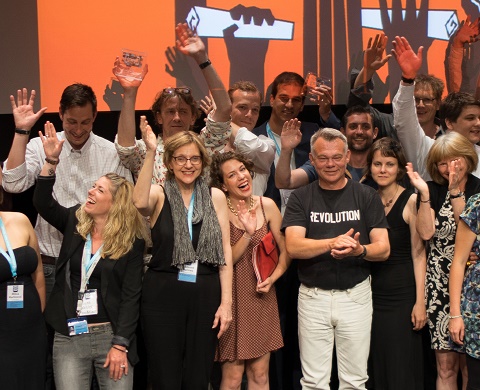By Patrycja Zenker, Gazeta Uliczna
In 1993, following the 1989 regime change, a new abortion bill was passed in Poland. These regulations are still in place today. Abortion is allowed in three cases: danger to health or life of the mother; irreversible and life-threatening fetal damage or an incurable illness threatening the fetus’ life; the pregnancy being a result of a rape or incest. The mental health or financial struggles of the mother are no longer a reason to allow an abortion. The new ruling has since been referred to as the ‘abortion compromise’ and it is among the most restrictive regulations in Europe.
In 2016 an attempt was made at further restricting the cases in which an abortion would be allowed. Following the mass resistance of the #czarnyprotest, the government rejected the bill submitted by the civic initiative ‘Stop abortion’. However, in 2019 a group of right-wing MPs attempted to challenge the existing laws again. They put forward a motion requesting that the country’s Constitutional Tribunal examine whether the current exception, which allows for abortion in the case of “irreversible and life threatening fetal damage or an incurable illness threatening the fetus’ life”, is not contradicted by the right to life written into the Polish constitution.
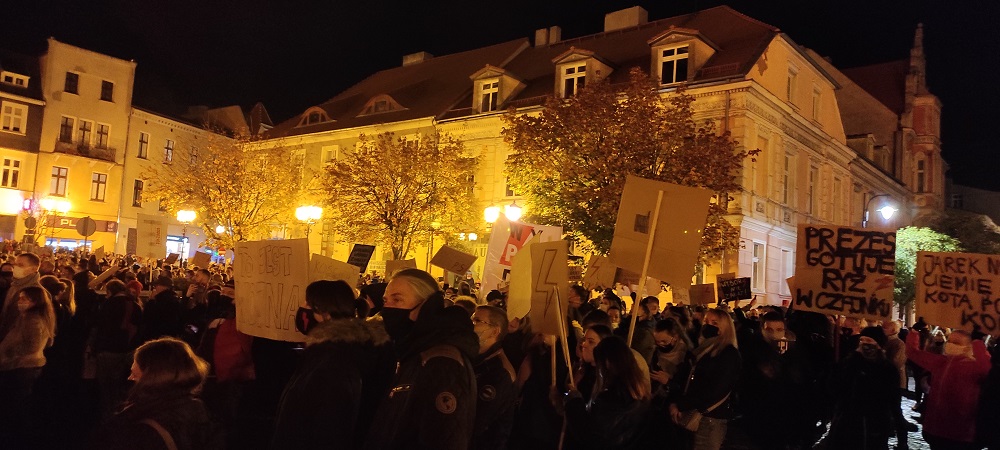
On 22 October, the Constitutional Tribunal ruled in favour of the motion, citing protection of fetal life, even one that will end shortly following the birth, as an overriding objective. Under the new law, 97 per cent of abortions typically performed in Poland will no longer be legal as, in 2018, 1,050 out of 1,076 abortions performed in the country were allowed under this exception. Similarly, in 2019, 1,074 out 1,110 legal abortions were performed for the above-mentioned reason.
The Constitutional Tribunal’s decision started a wave of protests in Polish cities, towns and villages, even in former centres of support for the ruling Law and Justice party. According to police data, the protests have gathered the support of hundreds of thousands of people. They are the biggest protests in Poland since the end of Soviet occupation. Young women, as well as men and members of other demographics, are going out onto the streets to object to this attack on the right to choose. The protesters also voice their anger over the bill being passed at the time of a spike in COVID-19 cases and the absence of a public debate. Adding flame to the fire are dismissive and insulting comments directed at women and young people by members of the ruling party, as well as the church authorities’ close-minded and orthodox stance. It is for this reason that many of the banners bear slogans calling for the real separation of state and church and the current government’s resignation.
Lack of governmental support for people with disabilities and their families is another issue being raised by the protesters, many of whom believe that improving this community’s situation should be where the government focus their efforts.
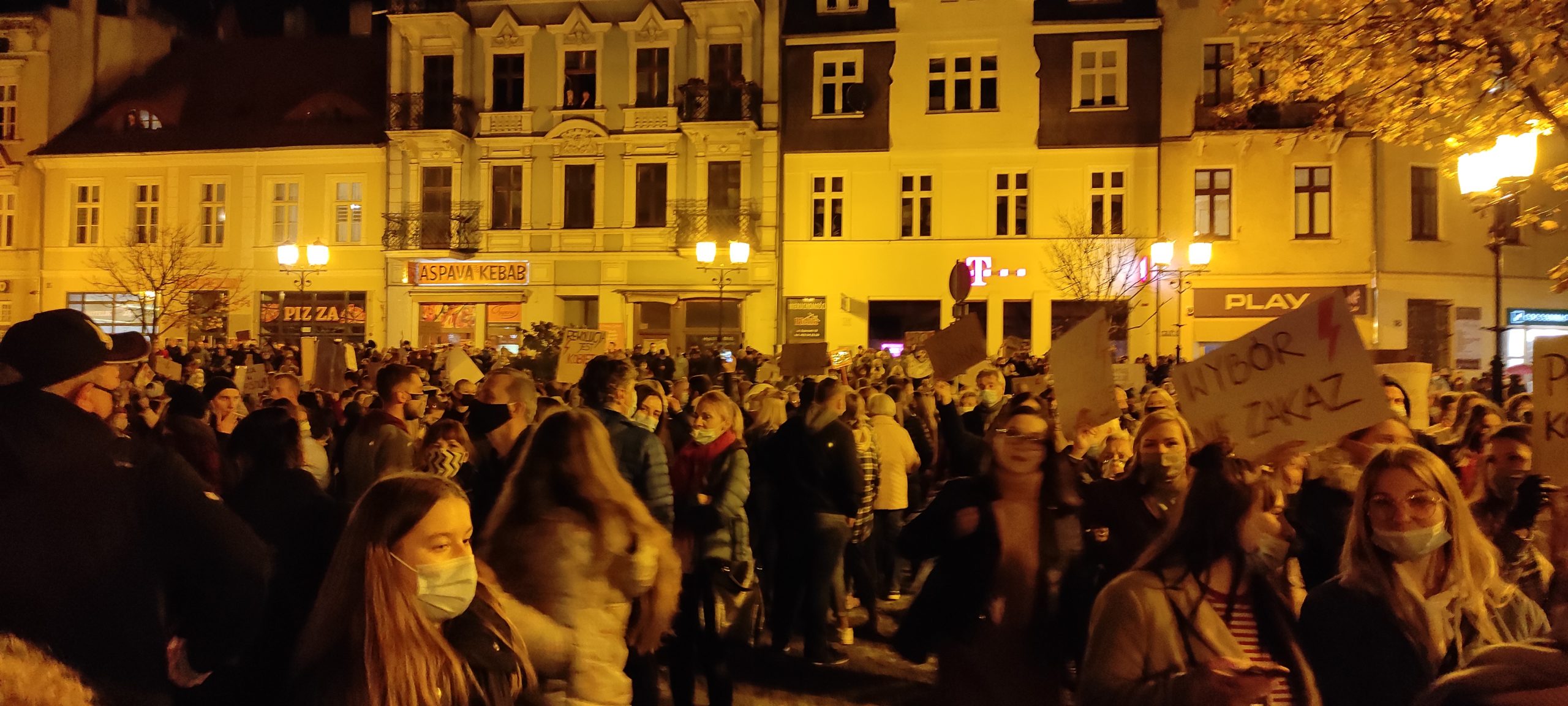
In 2018, a symbolic expression of the anger and helplessness of mothers of children with disabilities and their children took place in the Polish parliament as they occupied the building’s corridors for a period of 40 days. Two and a half years later, these people are still calling for more support as, despite the government’s promises to improve their situation, nothing has changed. Sister Malgorzata Chmielewska, head of the Polish branch of the Bread of Life Community and an adoptive mother of a child with a disability has commented: “What is it that we do, or rather what are we not doing, so that children will have prospects for a dignified life? Christian values mean protection of life, but sorry, not just until the moment of birth.” the argument here is that you cannot invoke those values to restrict rights and ignore them when it comes to caring for vulnerable people. Sister Chmielewska added that she is so afraid of what her child’s life would be like after her passing that she occasionally hopes that that the child will die first or that they pass together, a painful sentiment that is shared by many mothers in her position.
In addition, many of the protesters are voicing their doubts over the legitimacy of the current Constitutional Tribunal as lawyers’ opinions on the legality of the process of their election are divided. Through their actions they want to bring attention to the personal connections between the Tribunal’s president Julia Przylebska and the head of the Law and Justice party, Jaroslaw Kaczynski. Their concern is that their verdicts are being politicised.
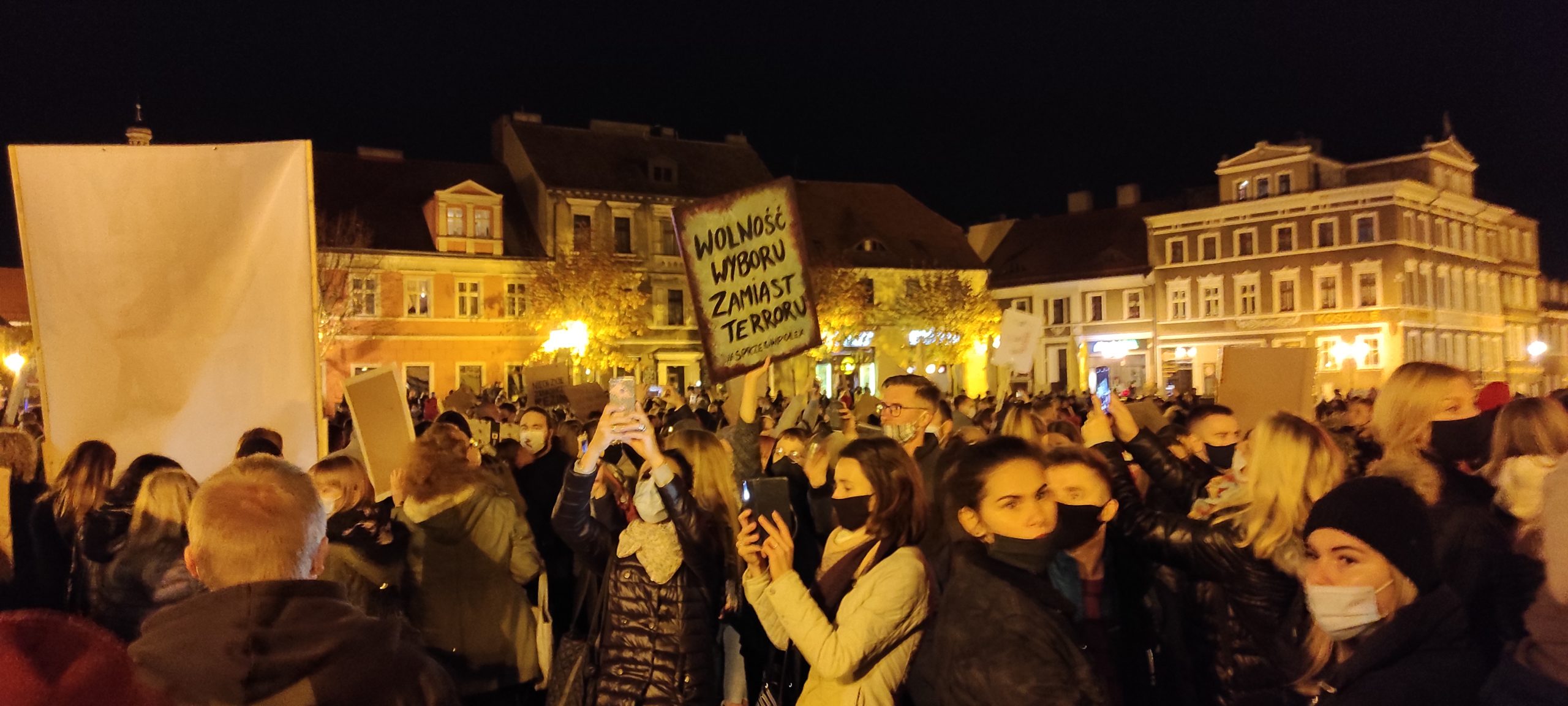
One of the big questions being asked is “why now?”. Is it really about protecting the right to life? Some think that the verdict and the emotions it attracts are designed to take attention away from the failures of the ruling party in the face of the worsening pandemic. Others suggest that the mass protests might be used as a pretext to introduce a state of emergency, which will allow for censorship of the media.
The Constitutional Tribunal’s decisions become law once they are published in the Journal of Laws (‘Dziennik Ustaw’ in Polish). Up to this day, no such action has been taken by the government. Anxiety and discontent are now growing amongst the members of pro-life movements…
Translated by Mila Karwowska




